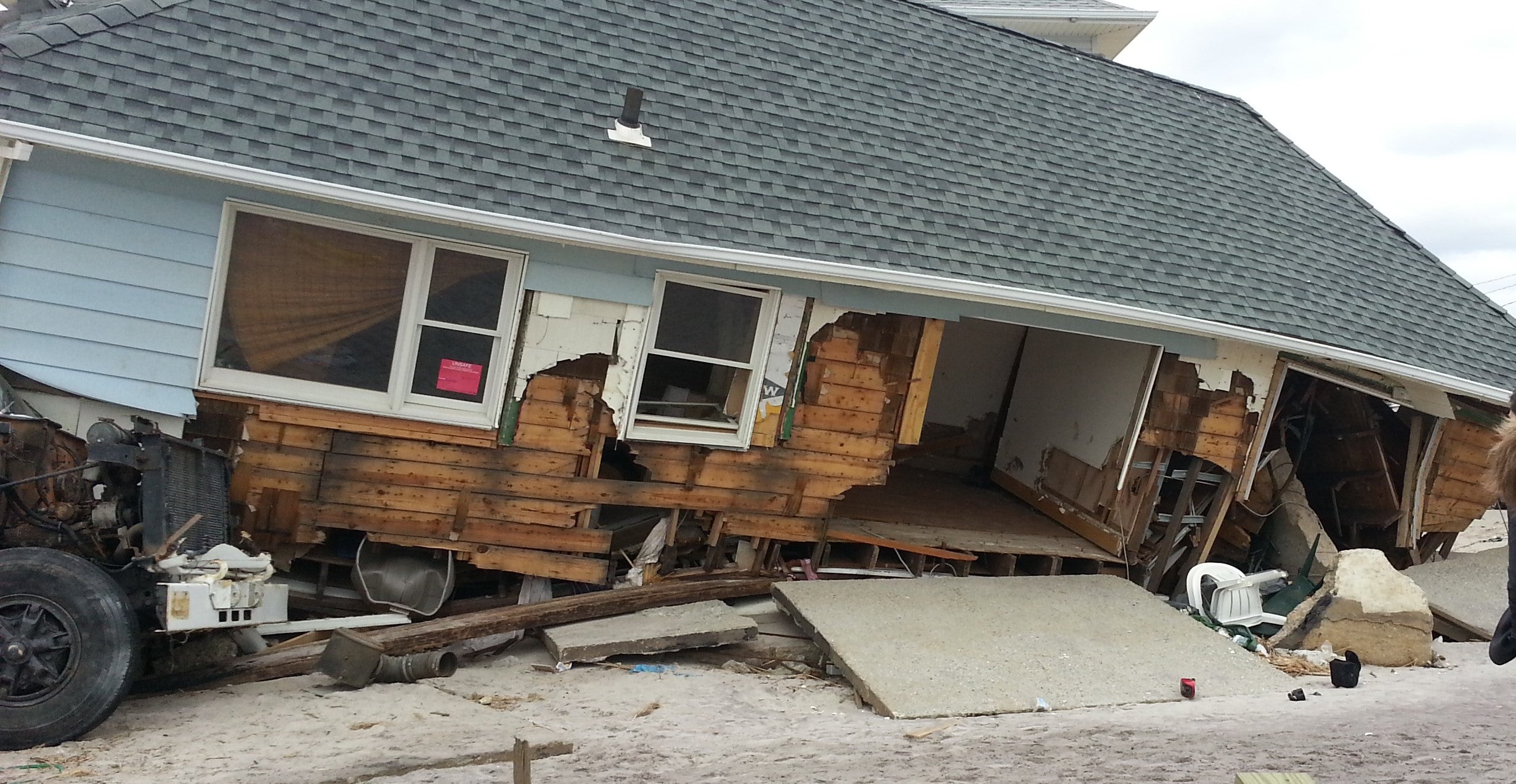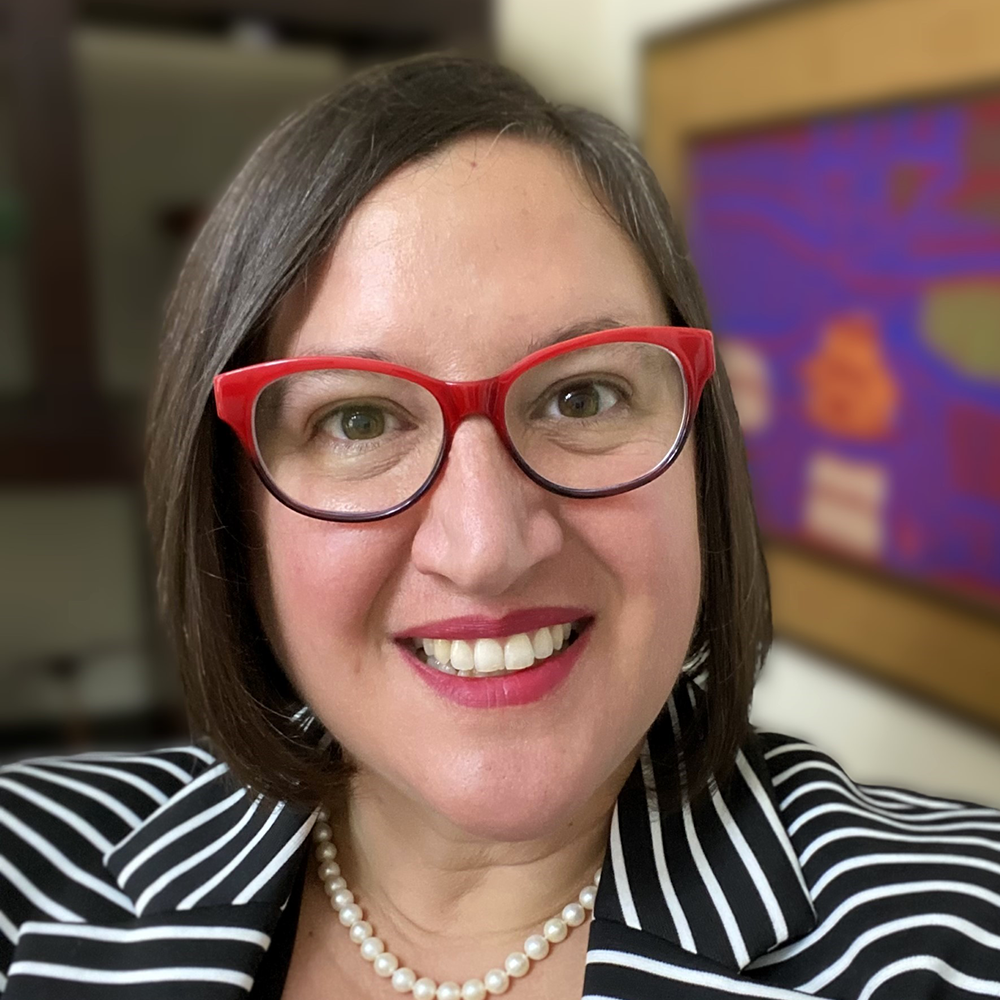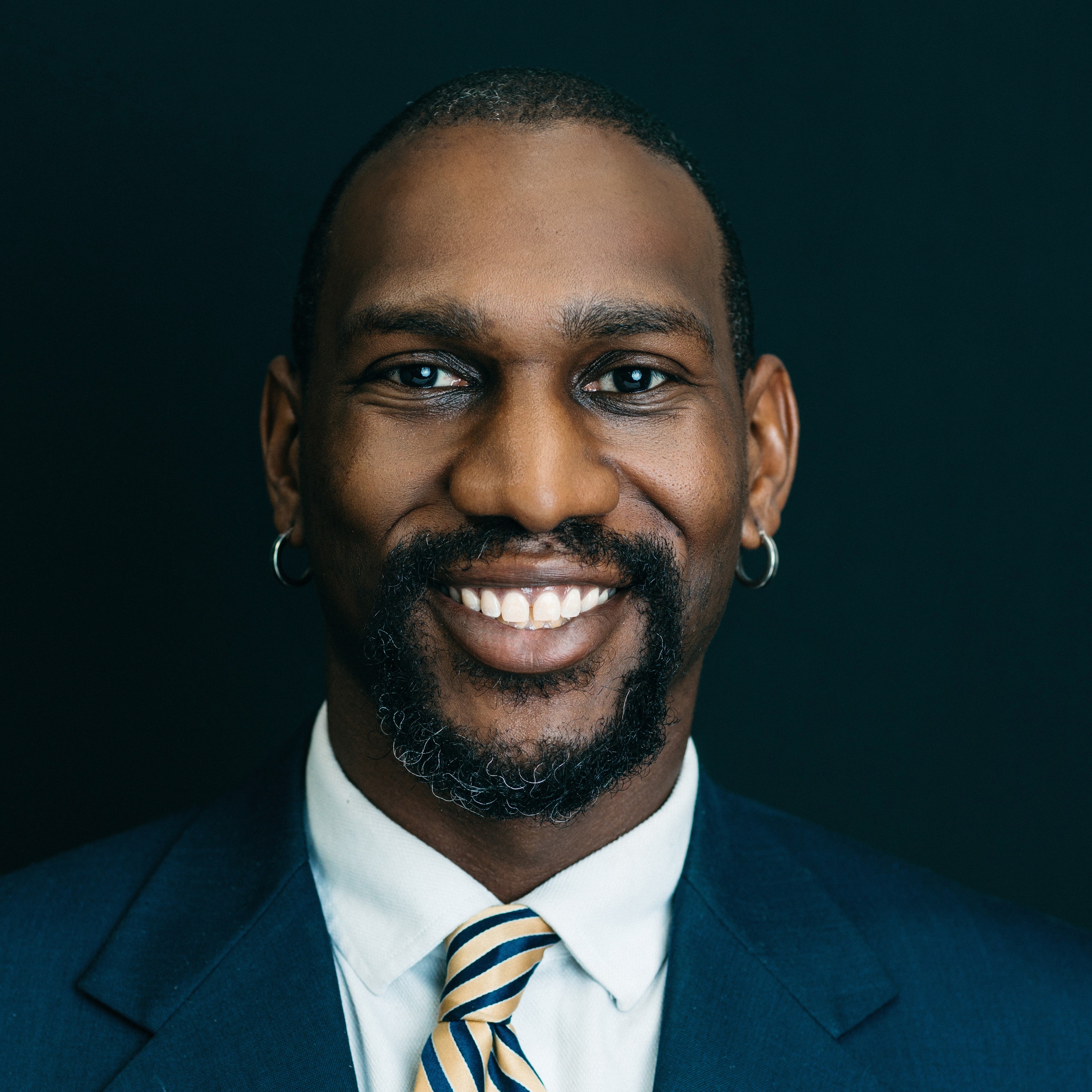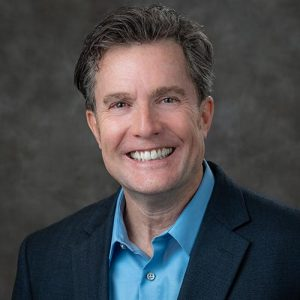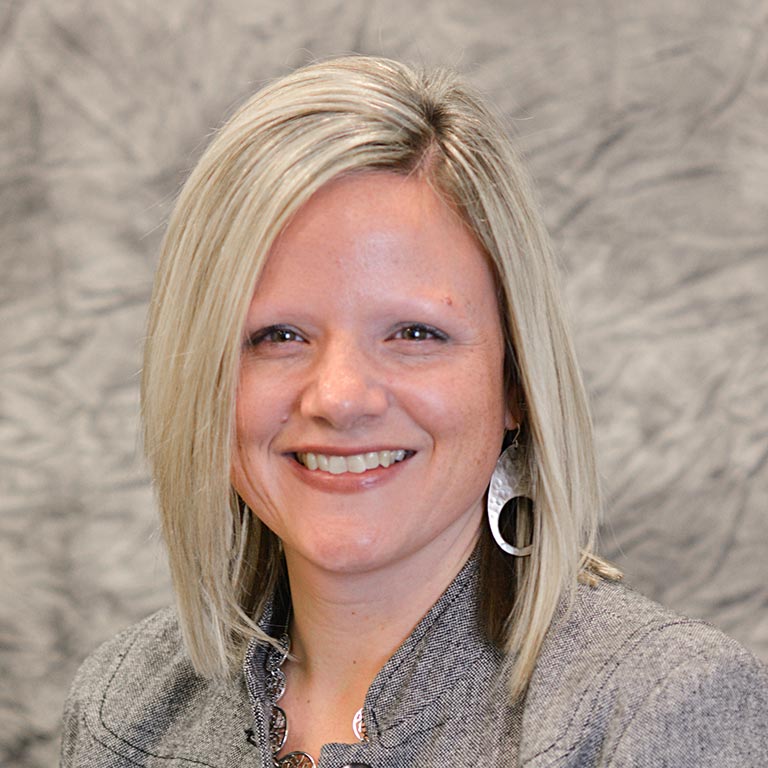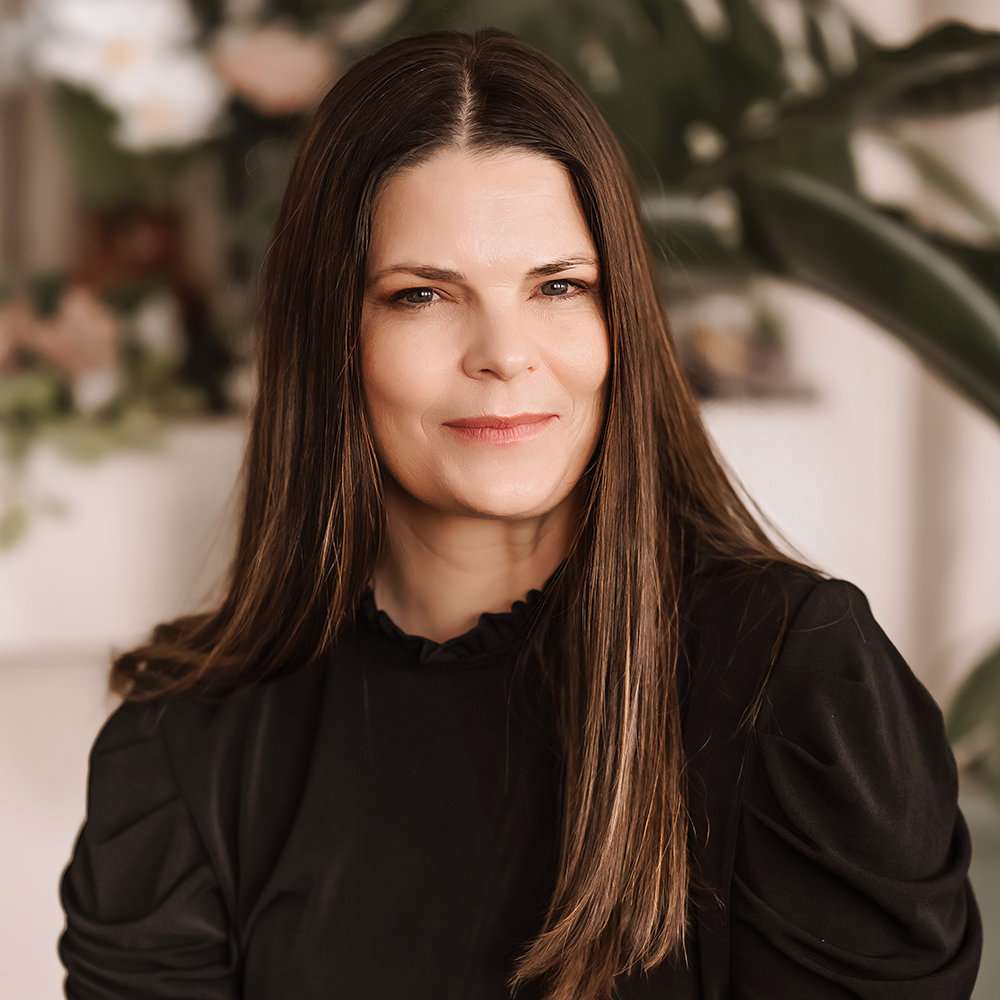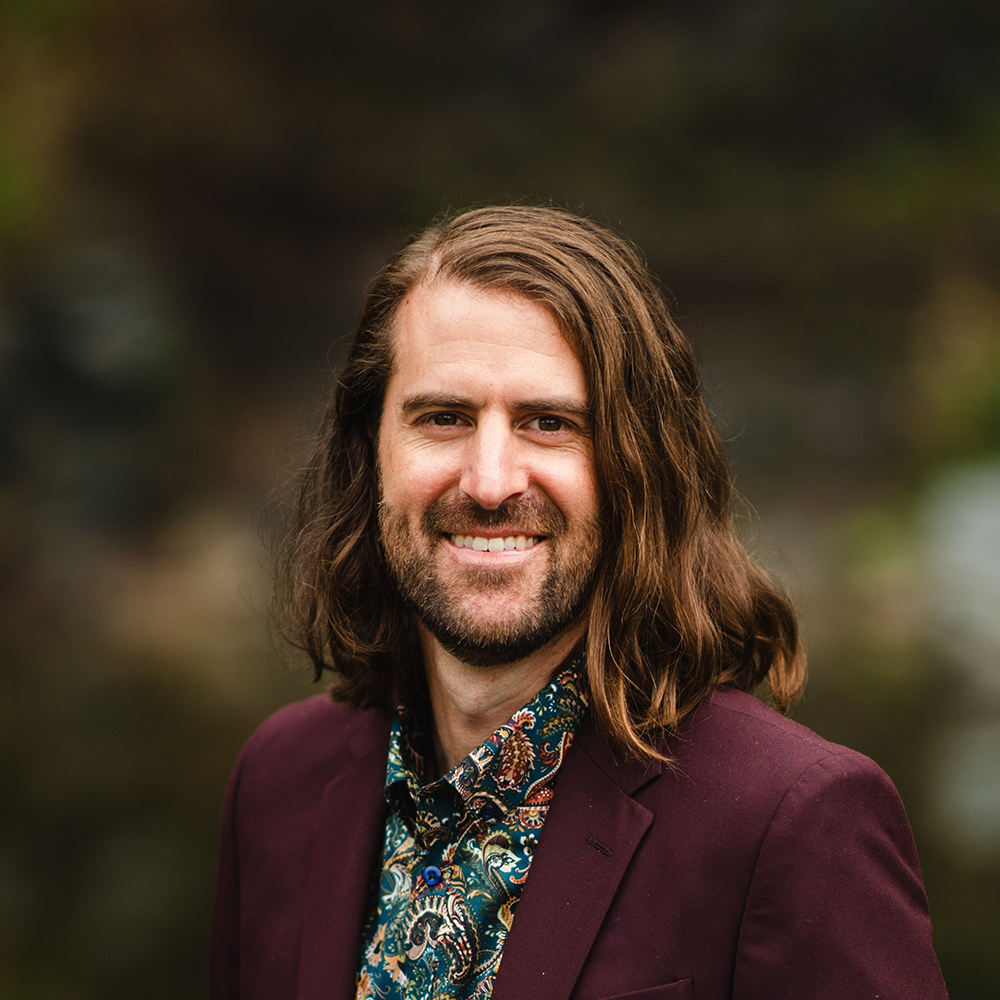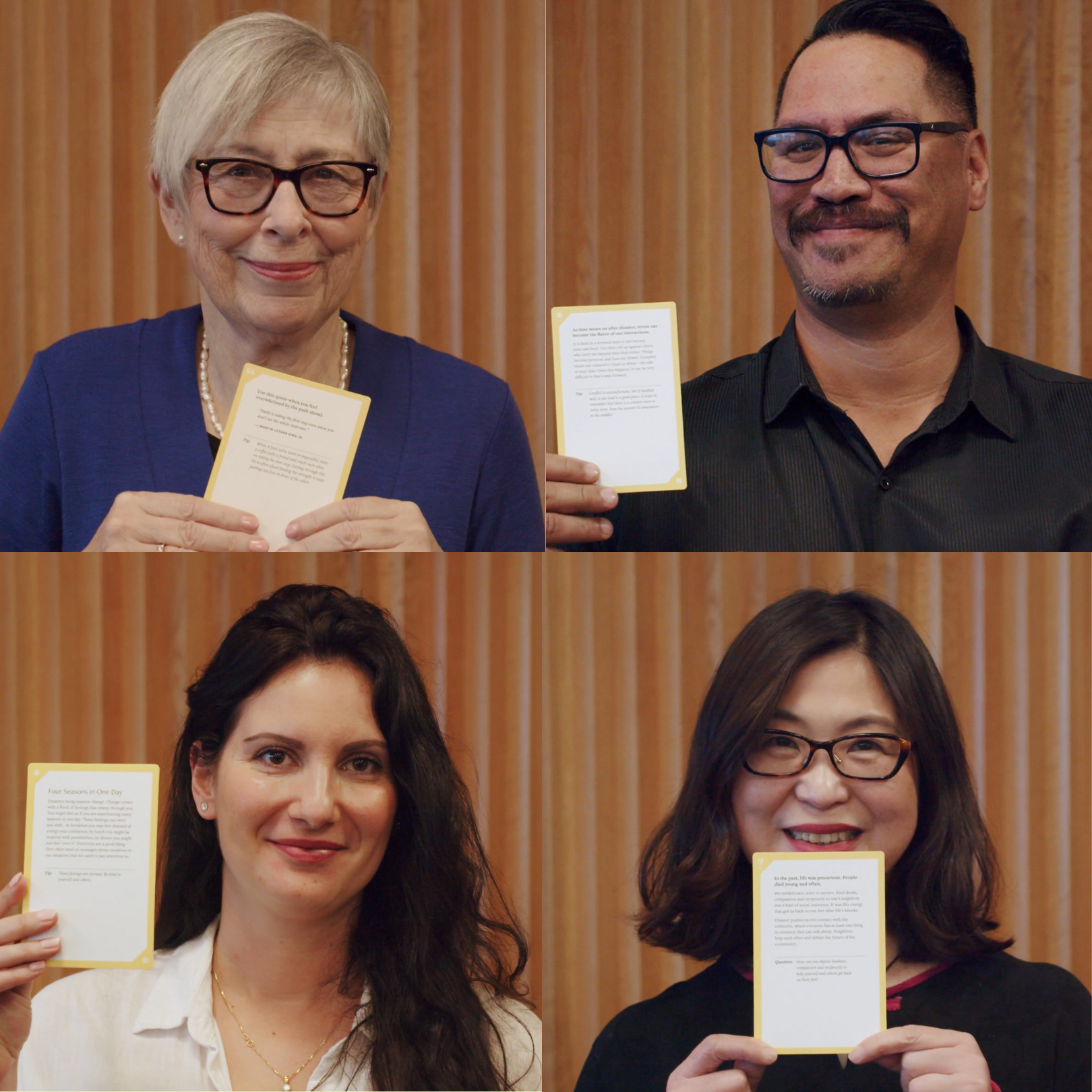
About Us
Hummingly Foundation is leading a shift from focusing primarily on the physical rebuild to prioritizing the human one. We ensure that disaster recovery isn't only about rebuilding homes, but also about rebuilding lives.
Disaster recovery is long, hard, and painful. No disaster-affected community should be left to navigate the human toll of recovery alone or be forced to figure it all out from scratch.
We connect communities—and those who support them—with hard-earned learning from past disasters, offering practical, people-focused support in the form of resources, education sessions, and trusted guidance.
These proven resources are based on knowledge gained in real disaster and crisis situations. Our founder, Jolie Wills, is a cognitive scientist and specialist in supporting community recovery. Most importantly, she has lived disaster recovery firsthand with her family and community and understands the emotional toll, the complexity, and the weight of responsibility that recovery leaders carry.
Hummingly's knowledge resources and educational workshops combine wisdom from disaster recovery leaders, feedback from thousands of disaster survivors, and scientific insights from Jolie's background in cognitive psychology to make disaster recovery easier.
Step into the shift—where people come first in recovery.
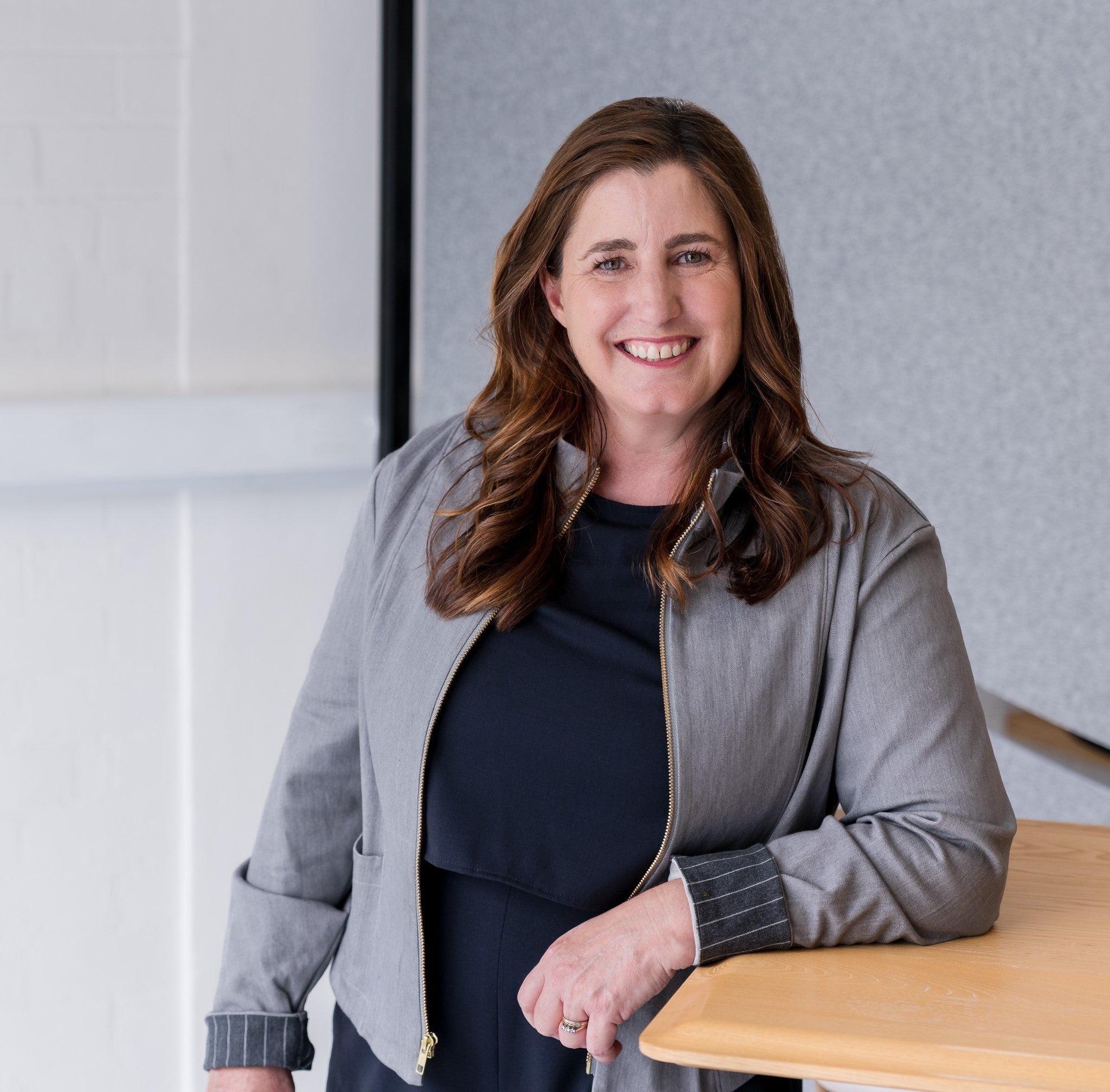
Meet our Founder
Jolie Wills
B.SC., M.SC(PSYCHOLOGY)
A little about Jolie
Jolie is a cognitive scientist and a leading expert in disaster recovery, with a focus on human resilience, emotional wellbeing, and community support. She has spent more than a decade translating the science of how the mind works under pressure and the complexities of post-disaster life, into practical tools for those navigating the challenges of disaster recovery.
Her insight is both professional and personal. Jolie and her family lived through the Christchurch earthquakes, and she understands firsthand the weight and complexity of a recovery leadership role within your own community. She led the psychosocial recovery program for New Zealand Red Cross in the wake of the earthquakes and has since worked with disaster-impacted communities and recovery leaders here in the USA and around the world.
Jolie is a Winston Churchill Fellowship recipient, Leadership New Zealand alumna, Edmund Hillary Fellow, and an advising member of the global Counter Terrorism Prevention Network. She is the lead author of New Zealand’s Psychological First Aid Guide and co-author of Leading in Disaster Recovery: A Companion through the Chaos.
Meet our Founder
Jolie Wills
B.SC., M.SC(PSYCHOLOGY)
A little about Jolie
Jolie is a cognitive scientist and a leading expert in disaster recovery, with a focus on human resilience, emotional wellbeing, and community support. She has spent more than a decade translating the science of how the mind works under pressure and the complexities of post-disaster life, into practical tools for those navigating the challenges of disaster recovery.
Her insight is both professional and personal. Jolie and her family lived through the Christchurch earthquakes, and she understands firsthand the weight and complexity of a recovery leadership role within your own community. She led the psychosocial recovery program for New Zealand Red Cross in the wake of the earthquakes and has since worked with disaster-impacted communities and recovery leaders here in the USA and around the world.
Jolie is a Winston Churchill Fellowship recipient, Leadership New Zealand alumna, Edmund Hillary Fellow, and an advising member of the global Counter Terrorism Prevention Network. She is the lead author of New Zealand’s Psychological First Aid Guide and co-author of Leading in Disaster Recovery: A Companion through the Chaos.

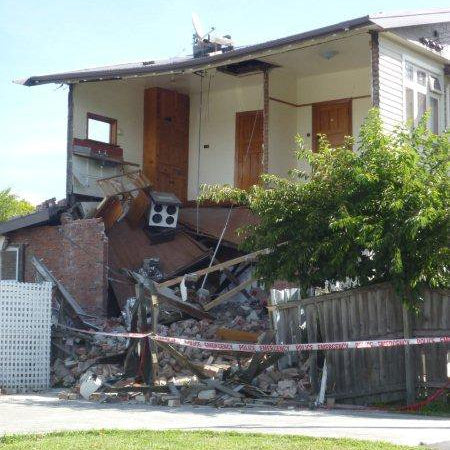
A note from Jolie
When the ground shifted beneath my feet in Christchurch, New Zealand, I experienced disaster not as a distant concept, but as something intimate and all-encompassing. My family and I lived through it alongside our city—shaken not only by the earthquake, but by the long, winding path of recovery that followed. And it was in that path, in the mess and the beauty of what happened next, that I came to understand a vital truth: disaster recovery is as much about people as it is about infrastructure—even more so.
Disaster upends not only what we can see, but what we feel. It pulls the rug out from under our sense of safety, identity, and belonging. And when the adrenaline fades, what remains is often exhaustion, uncertainty, and deep emotional loss. This is the part of disaster we often don’t talk enough about. The pain. The quiet unraveling. The long tail of grief, anxiety, and exhaustion that lingers well beyond the headlines.
A note from Jolie
When the ground shifted beneath my feet in Christchurch, New Zealand, I experienced disaster not as a distant concept, but as something intimate and all-encompassing. My family and I lived through it alongside our city—shaken not only by the earthquake, but by the long, winding path of recovery that followed. And it was in that path, in the mess and the beauty of what happened next, that I came to understand a vital truth: disaster recovery is as much about people as it is about infrastructure—even more so.
Disaster upends not only what we can see, but what we feel. It pulls the rug out from under our sense of safety, identity, and belonging. And when the adrenaline fades, what remains is often exhaustion, uncertainty, and deep emotional loss. This is the part of disaster we often don’t talk enough about. The pain. The quiet unraveling. The long tail of grief, anxiety, and exhaustion that lingers well beyond the headlines.

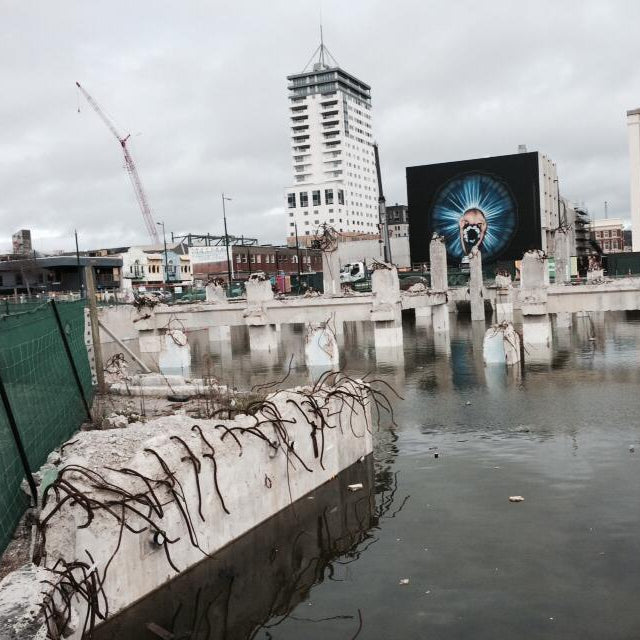
And yet, so often, our systems default to focusing on the physical—rebuilding roads, housing, infrastructure and distributing goods—because they are tangible and easier to measure. It’s where our stress-braced minds tend to go: the visible, the urgent, the seemingly solvable. In truth, while these things are important, real recovery is far messier—and more human.
Again and again, disaster after disaster, we make this same mistake: we rush to rebuild what’s visible. Bricks. Roads. Buildings. It’s understandable—our stress response narrows our focus to the tangible problems right in front of us, but the danger in this is profound. When recovery is reduced to construction, we risk missing what holds a community together: its people. We pour energy into restoring the physical world while overlooking the emotional, social, and psychological scaffolding that communities need to heal and thrive. And in doing so, we unintentionally leave people behind.
The Hummingly Foundation was established to change that. We invite you to join the call: Support the people side of recovery. Champion community-led initiatives. Trust local wisdom. Fund connection, healing, and care—not as extras, but as essentials. Because the way we rebuild, whether we place people at the heart, is what truly determines how we recover.
And yet, so often, our systems default to focusing on the physical—rebuilding roads, housing, infrastructure and distributing goods—because they are tangible and easier to measure. It’s where our stress-braced minds tend to go: the visible, the urgent, the seemingly solvable. In truth, while these things are important, real recovery is far messier—and more human.
Again and again, disaster after disaster, we make this same mistake: we rush to rebuild what’s visible. Bricks. Roads. Buildings. It’s understandable—our stress response narrows our focus to the tangible problems right in front of us, but the danger in this is profound. When recovery is reduced to construction, we risk missing what holds a community together: its people. We pour energy into restoring the physical world while overlooking the emotional, social, and psychological scaffolding that communities need to heal and thrive. And in doing so, we unintentionally leave people behind.
The Hummingly Foundation was established to change that. We invite you to join the call: Support the people side of recovery. Champion community-led initiatives. Trust local wisdom. Fund connection, healing, and care—not as extras, but as essentials. Because the way we rebuild, whether we place people at the heart, is what truly determines how we recover.

Follow us on LinkedIn
Follow usBoard of Directors
Meet the experts contributing their knowledge and experience to support our mission of placing people first after disaster so that recovery isn't only about rebuilding homes, but also about rebuilding lives.

